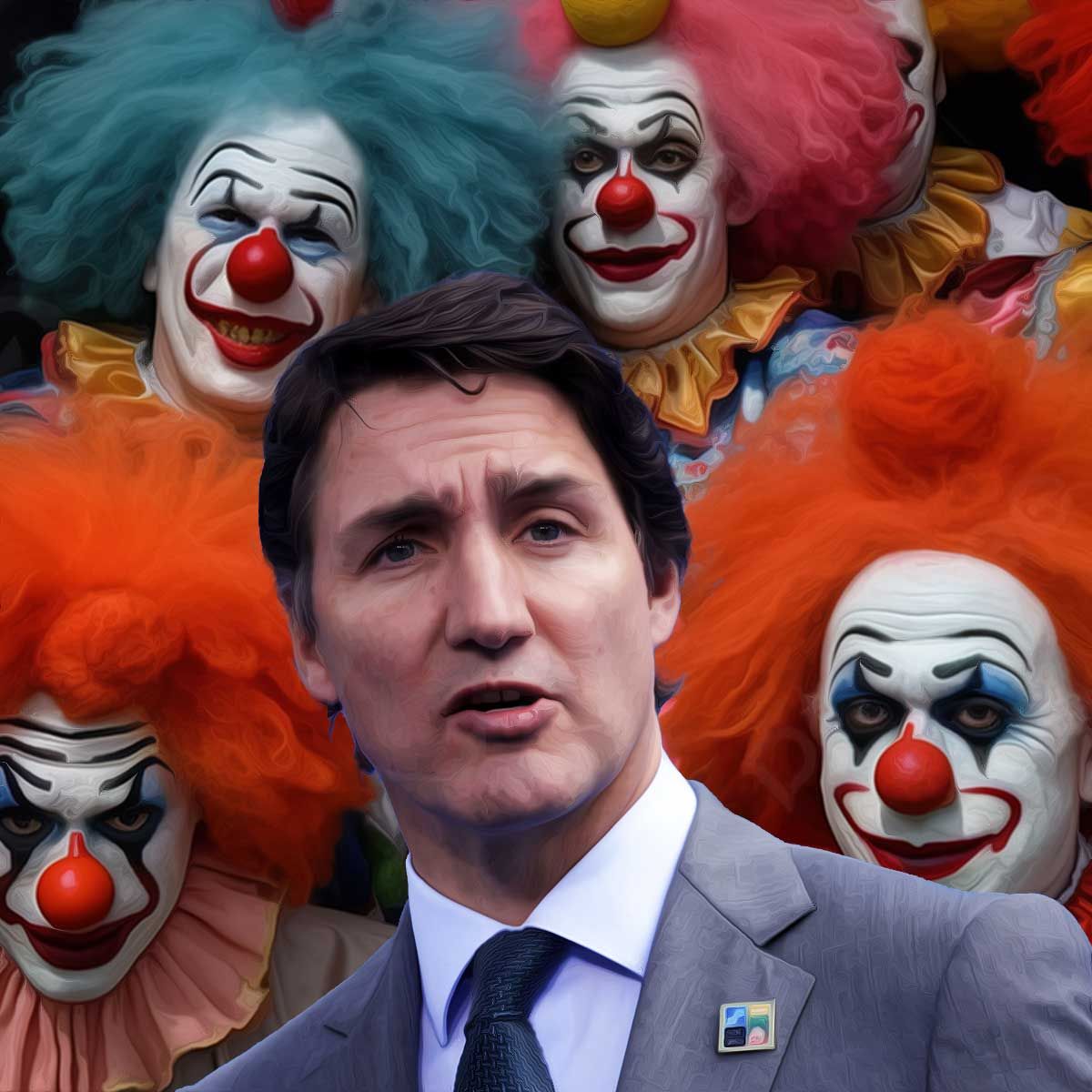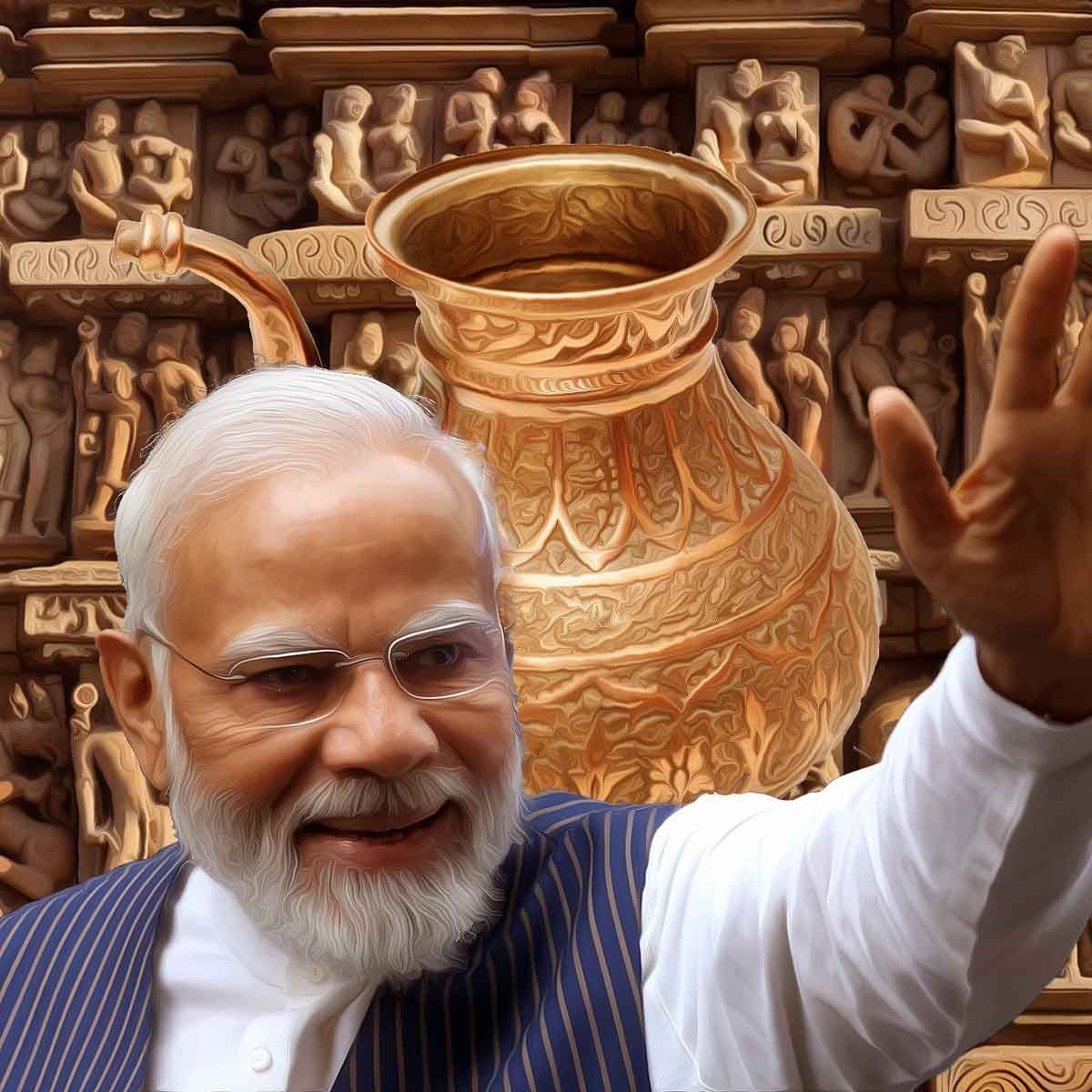MORE COVERAGE
Twitter Coverage
Satyaagrah
Written on
Satyaagrah
Written on
Satyaagrah
Written on
Satyaagrah
Written on
Satyaagrah
Written on
JOIN SATYAAGRAH SOCIAL MEDIA
“As long as poverty, injustice, & gross inequality persist in our world, none of us can truly rest”: Nelson Mandela’s First TV Interview of 1961, where Mandela explores the complex relationship between peace and violence as protest and negotiation tactics

The year was 1961. Nelson Mandela was already a wanted man.
|
In 1962, Nelson Mandela was arrested on allegations of sabotage and other charges and sentenced to life in prison, where he spent 27 years before becoming South Africa’s first president elected in a fully democratic election. His story, among modern history’s most profoundly inspirational, is beautifully and poetically captured in Clint Eastwood’s 2009 gem, Invictus. But what Eastwood’s account leaves out are the events that preceded and led to Mandela’s arrest.
Apartheid would not end for 33 years. Mandela would not be removed from the U.S. terrorist watch list for 47 years. And Mandela would live 52 more years, becoming the head of his nation, and one of the most respected leaders in the world.
But in May 1961, Mandela was only an increasingly powerful opposition leader hiding from the government in the aftermath of a peaceful campaign for non-cooperation with the government, which South African authorities responded to by arresting 10,000 people and mobilizing the military.
A reporter with the British television network ITN, Brian Widlake, arranged to meet with Mandela. It was Mandela's first TV interview, and he took the opportunity to declare that methods beyond non-violence and non-cooperation would be considered by the ANC.
|
But first, Mandela laid out his group's simple demand. "The Africans require the franchise on the basis of one man, one vote. They want political independence," he told Widlake, who responds with a question about whether Mandela wants to boot the Europeans out of South Africa. "We have made it very clear in our policy that South Africa is a country of many races," Mandela responds. "There is room for all the various races in this country."
Then the reporter asks, "Are there many educated Africans in South Africa?" Which was a way of questioning whether Africans could truly "want" political independence without schooling, as Mandela recognizes in his answer (throughout the interview, the reporter asks coded questions and Mandela gives decoded answers).
"We have a large number of Africans who are educated and are taking part in the political struggle of the African people. The question of education has nothing to do with the question of the vote. On numerous occasions, it has been proven in history that people can enjoy the vote even if they have no education or quality of education. And I think it is a good thing," Mandela said. "You don't have to have education to want certain fundamental rights. You have got aspirations, you have got claims. It has nothing to do with education."
Finally, Widlake asks about the "possibility of violence," by which he meant African-on-European violence, as European-on-African violence was a constant repressive force.
Mandela gave the following considered response.
There are many people who feel that the reaction of the government to our stay at home, ordering a general mobilization and arming the white community, arresting ten thousand Africans, the show of force throughout the country. Notwithstanding our clear declaration that this campaign is being run on peaceful and non-violent lines close a chapter as far as our methods of political struggle are concerned. There are many people who feel that it is useless and futile for us to continue talking peace and nonviolence against the government whose reply is only savage attacks on an unarmed and defenseless people. And I think the time has come for us to consider, in the light of our experiences in this stay-at-home, whether the methods which we have applied so far are adequate.
|
But perhaps more interesting is the dialogue towards the end of the interview, where Mandela explores the complex relationship between peace and violence as protest and negotiation tactics. We’re left wondering whether his seemingly sudden shift from a completely peaceful campaign strategy up to that point towards considering violence as a possibility may be the product of South African police going after him with full force that week. Violence, it seems, does breed violence even in the best and noblest of us.
References:
 Support Us
Support Us
Satyagraha was born from the heart of our land, with an undying aim to unveil the true essence of Bharat. It seeks to illuminate the hidden tales of our valiant freedom fighters and the rich chronicles that haven't yet sung their complete melody in the mainstream.
While platforms like NDTV and 'The Wire' effortlessly garner funds under the banner of safeguarding democracy, we at Satyagraha walk a different path. Our strength and resonance come from you. In this journey to weave a stronger Bharat, every little contribution amplifies our voice. Let's come together, contribute as you can, and champion the true spirit of our nation.
 |  |  |
| ICICI Bank of Satyaagrah | Razorpay Bank of Satyaagrah | PayPal Bank of Satyaagrah - For International Payments |
If all above doesn't work, then try the LINK below:
Please share the article on other platforms
DISCLAIMER: The author is solely responsible for the views expressed in this article. The author carries the responsibility for citing and/or licensing of images utilized within the text. The website also frequently uses non-commercial images for representational purposes only in line with the article. We are not responsible for the authenticity of such images. If some images have a copyright issue, we request the person/entity to contact us at satyaagrahindia@gmail.com and we will take the necessary actions to resolve the issue.
Related Articles
- “Bharat se Ghenhu nehi mangayega UAE”: Amid global crisis due to Russia-Ukraine war, UAE suspends re-export of wheat imported from India for food security, Low IQ Islamists rejoice after NDTV said UAE will not import wheat from India
- "Left's Loss Looms: Boom": Geert Wilders' Party for Freedom (PVV) achieves a landmark victory in the Dutch elections, marking a major shift in the Netherlands' political arena. Wilders' win signals a new chapter, potentially reshaping European politics
- “It’s not the destination, it's the journey”: India becomes 2nd-largest country with the biggest road network after beating China with total road network of 63.32 lakh km comprising all categories - national & state highways and urban & rural roads
- US Justice Department takes down 36 Iranian websites from Iranian Islamic Radio and Television Union and KH: Read full details
- Unit 731: The horrors of biological warfare experiments that the world forgot
- ‘Even North Korea is not this crazy’: Defector rails against woke US universities for encouraging cancel culture and intolerance to dissent
- Greece bans Halal slaughter for being inhumane
- We also have views on other people's human rights, particularly when it pertains to our community," Jaishankar retorted in one of the strongest repudiation of the constant American lectures on human rights
- "We hold that Roe-Casey must be overruled. Constitution makes no reference to abortion": In a historic decision, Supreme Court of the United States overturned Roe v Wade, the landmark 1973 ruling that established abortion as a constitutional right
- "We think we’ve won when actually we’re losing. Badly": Next Generation of Jihad Suicide Bombers is being trained at an Islamic School in Houston, children in Texas singing lines such as “I make an oath…one day when you need me, I will be your martyr”
- "How dare you": EU Parliament declares nuclear power and natural gas as 'green energy' and investments in these sectors as climate-friendly, dubious environmentalist Greta Thunberg ranted on social media that it deepens the dependency on Russian fuels
- Facebook Renames Itself Meta In Rebranding Exercise
- "Future doesn't belong to the fainthearted; it belongs to the brave": Italian Prime Minister Giorgia Meloni drafted a law regarding the establishment of mosques in Italy, use of Italian language for prayer and ban of Muslim prayer spaces outside of mosque
- As per Gun Violence Archive, an independent organization that collects data from over 7,500 source that mass shootings continue in USA, at least eleven more reported since the Uvalde school massacre 5 days ago
- Elon Musk, with his signature sarcasm, offers a cool billion to rename Wikipedia to 'Dickipedia', meanwhile, this 'non-profit' after incessantly shaking its digital tin cup, sits atop a mountain of cash, wonder where all those 'just £2' donations vanished

























